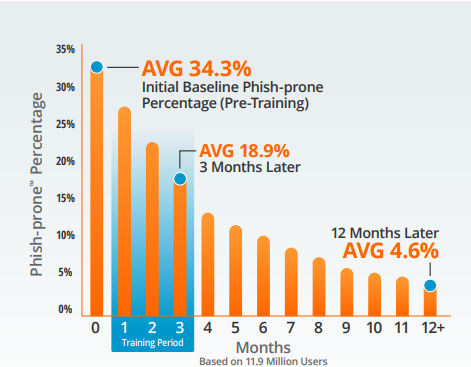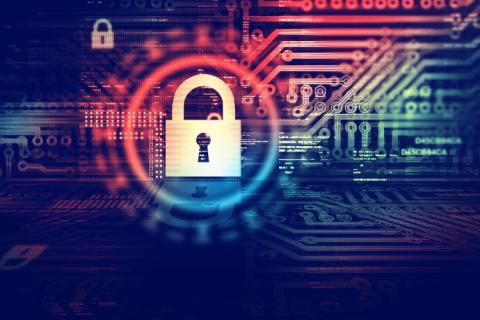The Global Reach of Cyber Threats: Why Security Awareness Training is More Important Than Ever
Based on news cycles within cybersecurity, it's easy to fall into the trap of thinking that threats only come from certain parts of the world or that they only target specific industries. However, the reality is that cyber attacks know no borders, and no organisation is immune. The recent report by Cisco Talos showcasing the discovery of a six-year campaign by Pakistani hackers targeting Indian government and defence organisations is a stark reminder of this fact.










